Gum Surgery IN MONTCLAIR, NJ
Gum surgery, also known as periodontal surgery, is often necessary to treat a variety of conditions. There are various types of gum surgery available at Montclair Dental Spa in Montclair and the surrounding area. By restoring your oral health, we can help restore your overall health. Call us today at (973) 744-1527 to schedule an appointment or to learn more about our services.


Understanding Gum Surgery
Many cases of gum disease can be solved without surgery. For example, it is possible to reverse gingivitis with professional treatment or improved oral hygiene in its early stages. However, if left untreated, it will inevitably progress to periodontitis, a more severe disease that can lead to an inflammatory response that attacks bone and tissues.
The term gum surgery refers to any surgical procedure meant to treat gum conditions and diseases. By eliminating bacteria and infection, gum surgery aims to stop periodontal disease and treat its damaging effects.
SIGNS YOU MAY NEED GUM SURGERY
1
BLEEDING GUMS
This is typically the first symptom individuals suffering from gingivitis or periodontitis experience.
2
BAD BREATH
Due to the abundance of bacteria in the mouth, many gum surgery patients complain about foul breath.
3
LOOSE TEETH
Some gum surgery patients come in complaining of loose teeth, which is a result of unhealthy gum tissue.
4
CHEWING PAIN
It is fair that an unhealthy mouth is not functionally optimal, which is why many patients complain of pain while chewing.
About Gum Surgery
Most gum surgeries are completed within two hours. The patient may need to be asleep or partially asleep with sedation dentistry during the treatment, depending on the procedure. However, less involved surgeries may make do with only an injection of a local anesthetic to numb the gums.
Once the dentist has made any necessary small incisions or cuts along the gum line, they will lift the gums to see the tooth roots. The dentist will then clean the teeth, removing any tartar, plaque, or infection. After treatment it is important to:

Why Trust Montclair Dental Spa
Every procedure offered at Montclair receives Dr. Moussa’s stamp of approval for being safe, proven, and effective. He has more than three decades of experience in dentistry, and his advanced training in holistic dentistry techniques ensures you’ll always receive the best care available.
Montclair Dental Spa is the right practice for you if you’re looking for a dentist who truly takes your concerns to heart.
Frequently Asked Questions
The answer depends on your specific case (the type of procedure you underwent, how severe your condition is or was, and your overall health all contribute). It is common to experience some minor bleeding and discomfort after any dental surgery. Still, you should be able to return to various normal activities about a day after the procedure.
Avoid smoking for as long as possible. Quit if you can. We may prescribe you with some mouth rinses or antibiotics, and you may need to refrain from brushing or flossing in some regions of the mouth until they have fully healed. Eating soft foods for a week or two can also help ease any discomfort.
Sometimes, alternative treatment methods are not enough. Gum surgery can help reduce the risk of cancer, diabetes, heart disease, and osteoporosis while also treating oral health. We understand that many people are anxious about having surgery. We will never recommend surgery unless we believe the benefits outweigh the risks.
Gum disease is usually caused by an excess of bacteria, plaque, and tartar. As such, good oral hygiene is the number one line of defense against gum disease. Brush your teeth at least twice daily, floss once daily, and rinse with a fluoridated mouthwash. Remember to keep regular appointments with your dentist, as gum disease signs are often unnoticeable to the average patient.

